Vanderbilt quarterback Diego Pavia is a legitimate Heisman candidate, and his team is a serious contender for a spot in the College Football Playoff. That’s thanks to an injunction Pavia won in federal court last year arguing his years playing junior college shouldn’t count toward his NCAA eligibility.
Now Pavia’s lawyers are preparing to file an amended complaint and add multiple players to his original lawsuit to make it a proposed class action, Pavia’s attorney, Ryan Downton, tells Front Office Sports.
The new plaintiffs include football players from multiple schools, including Vanderbilt’s Tre Richardson, Louisiana Tech’s Andrew Burnette, Virginia Tech’s James Djonkam, and Oklahoma State’s Iman Oates.
With the imminent amended complaint, Pavia and his attorneys hope to set a completely new precedent nationwide and permanently change the rule that currently requires JUCO seasons to count against a player’s four years of NCAA eligibility.
Pavia plans to declare for the NFL Draft and will not seek another year of NCAA eligibility, Downton says—but wants to remain a part of the lawsuit to ensure future players have the same opportunities he has had.
Pavia played two seasons at the New Mexico Military Institute before transferring to New Mexico State, a Division I program, in 2022. He transferred to Vanderbilt for the 2024–25 season.
According to NCAA rules, Pavia’s college career should have been over after that: The NCAA currently allows players to complete four full seasons within five calendar years, and junior college (JUCO) years count toward that time period (though players received waivers to not count their COVID-19 seasons). But his injunction allowed him a second season at Vanderbilt. (The NCAA tried to appeal the ruling, but a federal court refused to review the injunction.)
Downton had never challenged NCAA rules before representing Pavia—in fact, he once represented the NCAA itself in a trademark dispute over the name “March Madness.” But he began to wonder whether some of the NCAA’s eligibility restrictions, including the JUCO rule and the redshirt rule, were illegal—and quickly decided to do something about it.
“When I saw Vanderbilt beat Alabama, I saw Diego and thought this is the perfect guy to challenge this rule,” Downton says. A Vanderbilt alum and fan of the program, Downton went to Nashville a couple of weeks later and ran into Pavia in the lobby of the hotel where he was staying. He offered to represent him if he chose to challenge the eligibility rule in court—and Pavia took him up on that offer.
Pavia won the preliminary injunction in December 2024, just a month after filing the case. But the ruling didn’t take down NCAA eligibility rules altogether; it technically applied to only Pavia.
Downton says the goal of the case isn’t to destroy all eligibility rules. He believes players should have five full years to play NCAA sports once they enroll at a four-year institution. Downton has also filed a proposed class-action lawsuit to challenge the redshirt rule specifically—which counts some Vanderbilt players amongst its plaintiffs. (Earlier this week, the NCAA rejected the concept Downton endorses, and it told members it would not change its rules to allow players five years to complete five seasons.)
In response to Pavia’s win, the NCAA granted a one-year waiver for players to receive an additional year of eligibility if they had played at junior college before. But Downton called the waiver narrow, because it offered players a waiver to play only this season. It wasn’t a permanent rule change.
In the wake of the Pavia decision, more than 35 players filed their own lawsuits against the NCAA challenging various aspects of its eligibility restrictions on their own. Judges in different districts have offered conflicting decisions in these cases, leaving a player’s eligibility to the whims of their local district court judge.
“Pavia’s impact has been huge,” Boise State law professor Sam Ehrlich tells FOS. “The more and more exposure he gets—and the more and more exposure his legal victory gets—the more and more other athletes wonder why they can’t get the same treatment that he did.”
But Downton said that this lack of clarity isn’t good for anyone—which is why he and Pavia have decided to expand their lawsuit to abolish the NCAA’s JUCO rules for good.
Meanwhile, the NCAA and power conferences are lobbying Congress to pass a bill that would give the NCAA antitrust protections to set its own eligibility rules—and stop the flood of lawsuits. At an event in New York this week, NCAA president Charlie Baker said that lawmakers see the challenges to NCAA eligibility rules as the most compelling reason to pass legislation.
The NCAA and power conferences have even succeeded at bringing the issue to the field. Last week, before the LSU game, Vanderbilt played advertisements encouraging fans to support the bill that would kill lawsuits like Pavia’s, called the SCORE Act. (It was likely done at the behest of the SEC.) Administrators, including head football coach Clark Lea and athletic director Candice Storey Lee, have supported him.
While the litigation goes on behind the scenes, Pavia continues to benefit from suing the NCAA. He led the Commodores to a 6–1 start. They’re ranked No. 10 for the first time since 1947, and are bowl eligible for the second year in a row. They’re a legitimate contender for the College Football Playoff. And this week, after beating LSU at home, the Commodores officially launched a Heisman campaign for Pavia.
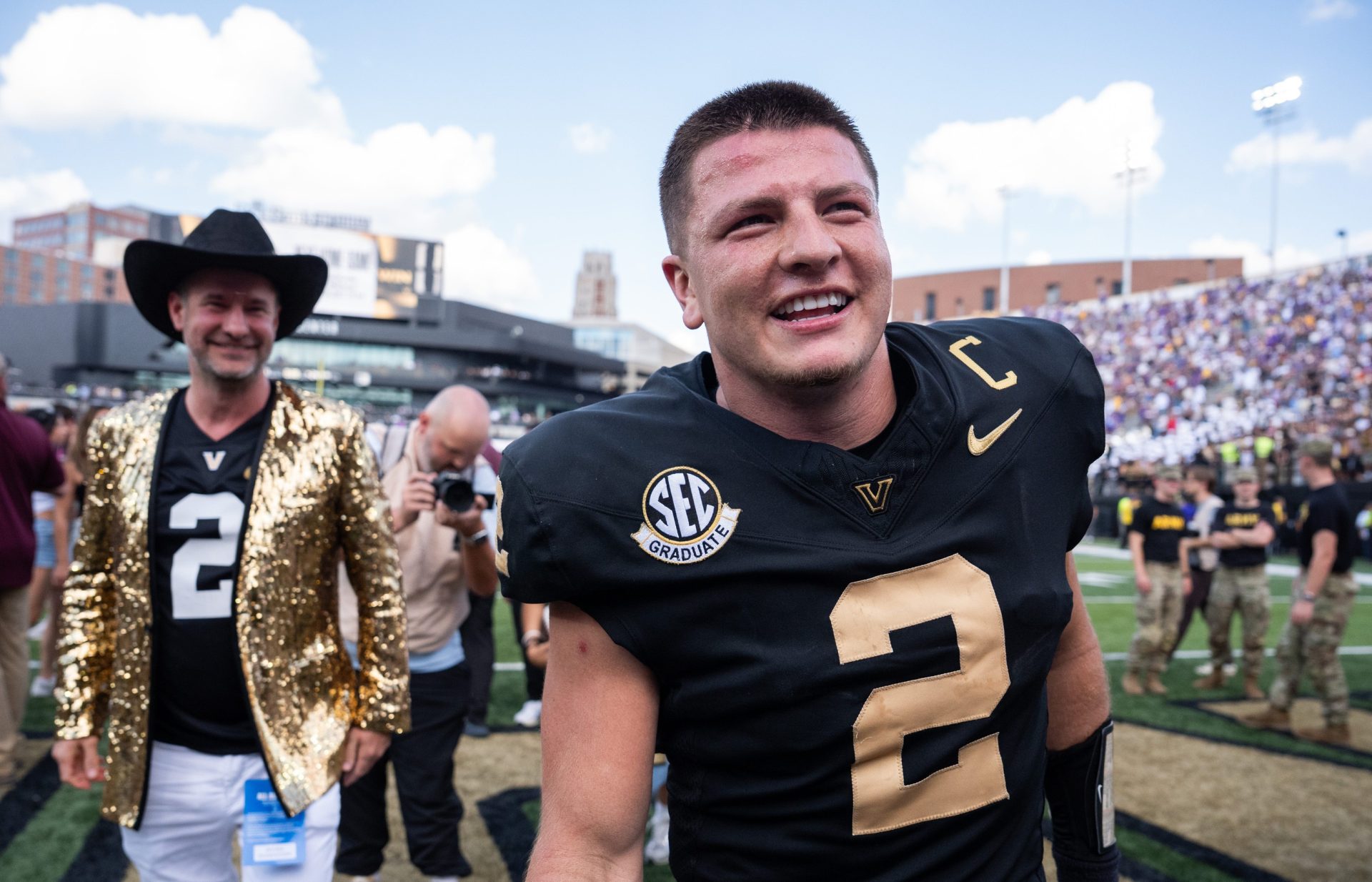
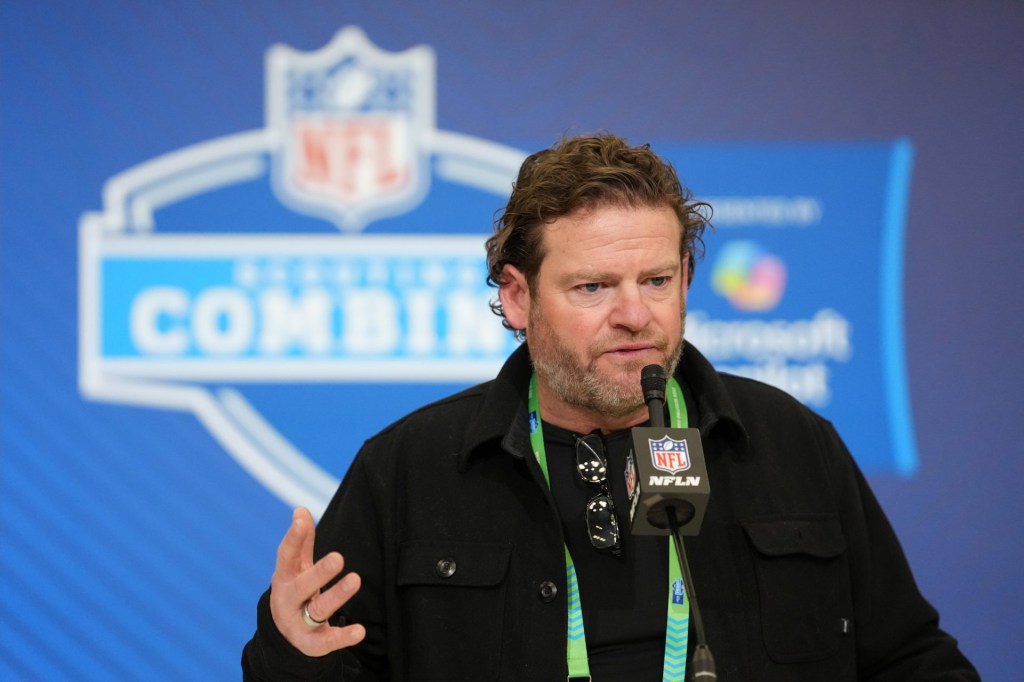
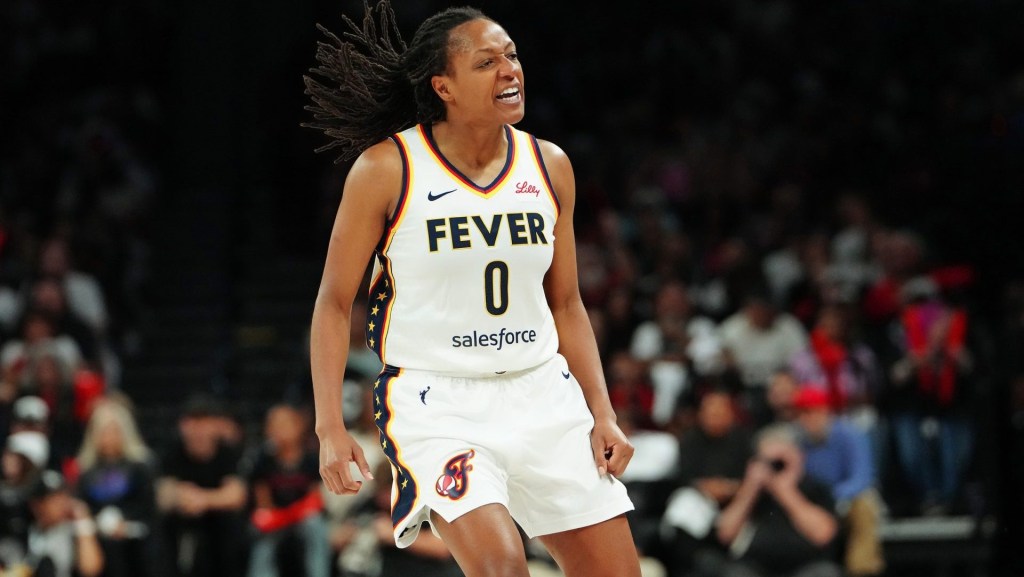
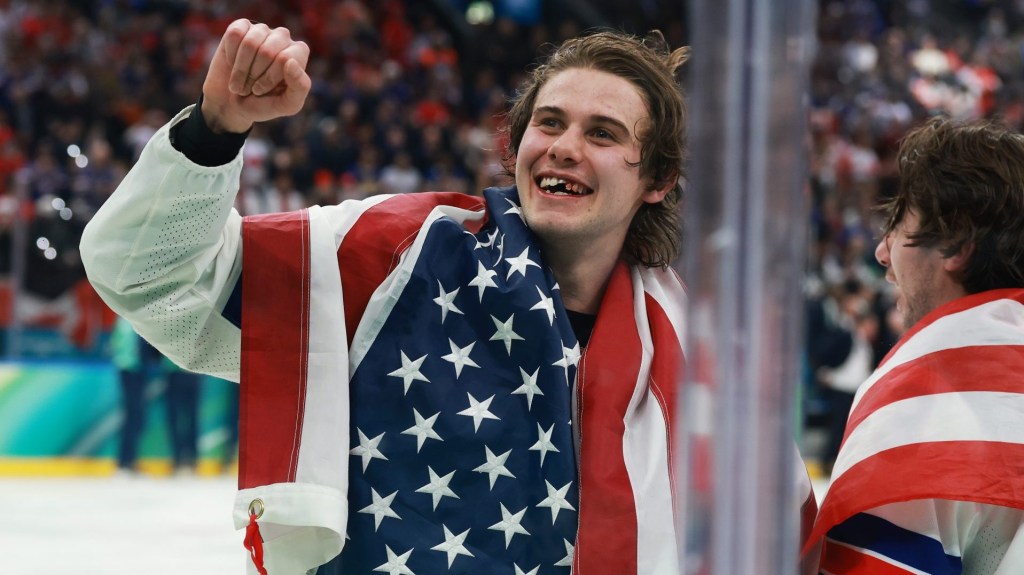
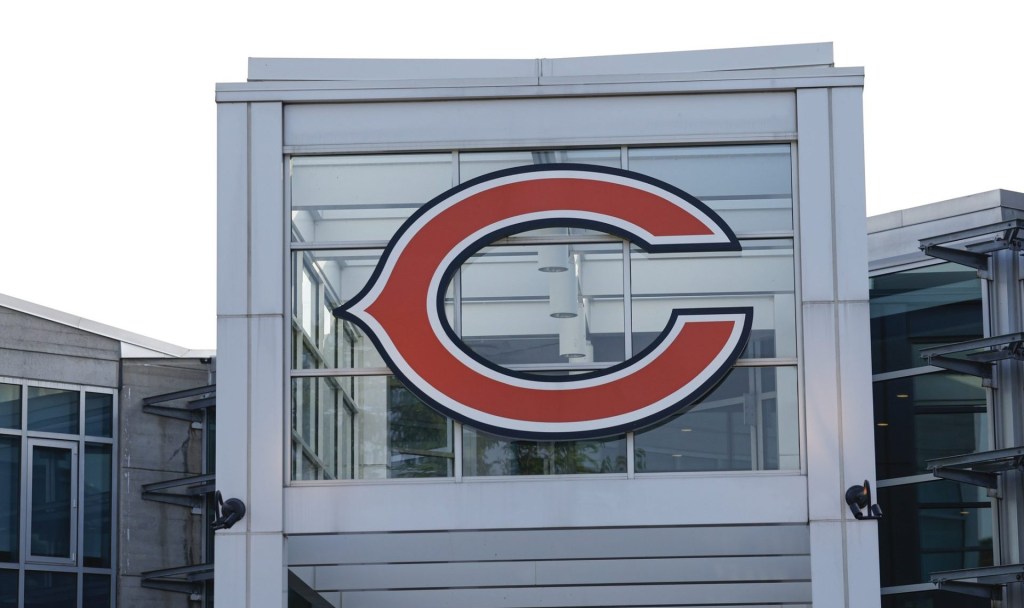
![[Subscription Customers Only] Jul 13, 2025; East Rutherford, New Jersey, USA; Chelsea FC midfielder Cole Palmer (10) celebrates winning the final of the 2025 FIFA Club World Cup at MetLife Stadium](https://frontofficesports.com/wp-content/uploads/2026/02/USATSI_26636703-scaled-e1770932227605.jpg?quality=100&w=1024)











